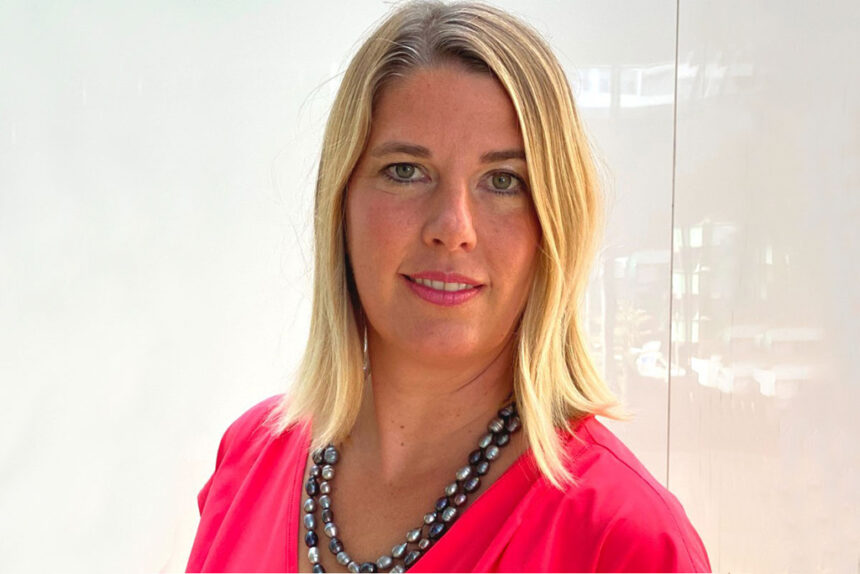Dr Catharina Boehme (pictured), a trained medical doctor with diplomas in public health and management, is currently chef de cabinet at the World Health Organization. She will start her new role as assistant director-general for external relations and governance next month.
Boehme takes over from Dr Bruce Aylward, who has been acting as interim director-general, external relations and governance, since Jane Ellison left the post last November. Ellison, a former Conservative MP and health minister, had worked at WHO since 2017 before leaving last year.
Dr Aylward will become assistant director-general of the universal health coverage, life course division; and Dr Razia Pendse, of the WHO regional office for South-East Asia, will replace Boehme as chef de cabinet.
This will be Boehme’s first comms job. Prior to joining WHO in 2021, she was chief executive of Find, the international alliance for diagnostics, for almost a decade.
Her move is part of a series of “key leadership appointments made to drive WHO strategic direction and initiatives” announced yesterday (17 April).
The organisation said Boehme will “lead WHO’s strategic engagement in the areas of governance, resource mobilisation and partner relations”.
Her remit will include “critical Member States processes, such as their negotiation of a pandemic accord, the reform of WHO’s governance and the implementation of recommendations on sustainable financing”.
Other appointments taking effect next month include Dr Jeremy Farrar as WHO’s chief scientist; and Dr Ailan Li as assistant director-general for universal health coverage, healthier populations.
Dr Yukiko Nakatani will become assistant director-general for access to medicines and health products; and Dr Jérôme Salomon the assistant director-general for universal health coverage, communicable and non-communicable diseases.
The appointments come in the wake of Dr Tedros Adhanom Ghebreyesus being handed a second five-year term as director-general. His leadership team will focus on priorities such as promoting health and preventing disease by addressing its root causes, strengthening systems for health emergency preparedness and response, and boosting WHO’s position as the leading authority on global health.
This article originally appeared on PRWeek US.







